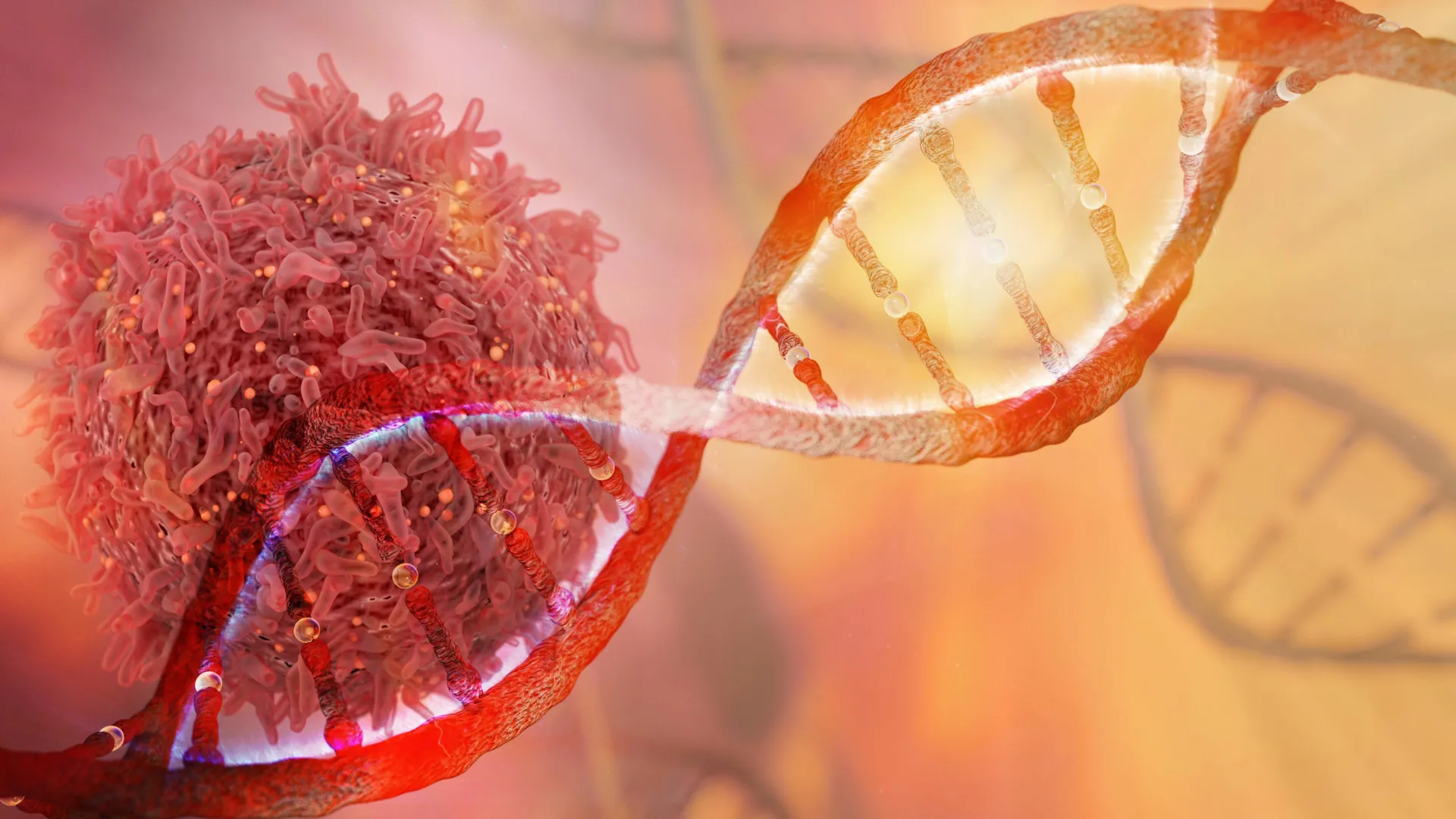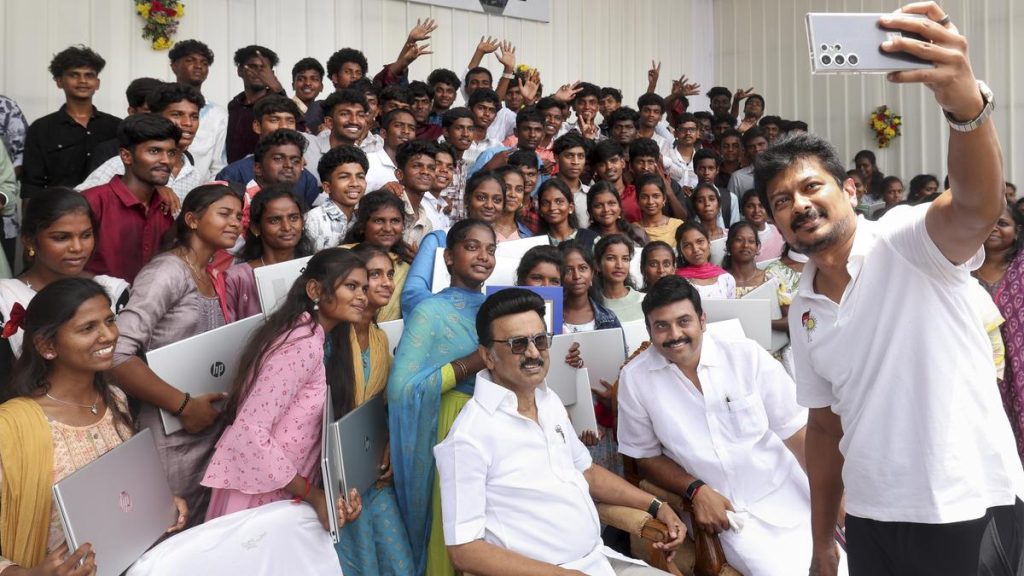Now Reading: Breakthrough RNA Process Targets Cancer for Self-Destruction
-
01
Breakthrough RNA Process Targets Cancer for Self-Destruction
Breakthrough RNA Process Targets Cancer for Self-Destruction

Quick Summary
- Australian researchers at WEHI have identified a novel strategy to inhibit the growth of aggressive cancers by targeting “minor splicing.”
- Minor splicing affects around 700 genes out of the approximately 20,000 in the genome and is crucial for cell growth and division.
- Blocking minor splicing causes DNA damage in cancer cells and triggers the p53 tumor suppressor pathway, leading to cell death, while leaving healthy cells mostly unharmed.
- This approach is notably effective against cancers driven by KRAS mutations-among the most common genetic changes found in solid tumors.
- The study demonstrated success across different cancer models, including liver, lung, and stomach cancers, using zebrafish, mice models, human lung cancer cells, and RNPC3 protein inhibition experiments.
- Researchers identified promising drug-like compounds targeting minor splicing through screening at WEHI’s National Drug Finding Center.
Read More: Science Daily
Indian Opinion Analysis
The findings from WEHI present a promising avenue for addressing hard-to-treat cancers that remain a global health challenge. By targeting minor splicing-a relatively unexamined molecular process-the research highlights an innovative approach that circumvents traditional barriers such as targeting specific gene mutations. This could possibly lead to more universal treatments for aggressive malignancies like KRAS-driven cancers.
For India specifically-where healthcare systems are grappling with rising cancer cases-the therapeutic innovation holds critically important implications. With many solid tumor-related deaths attributed to late diagnosis or limited treatment options tailored to Indian genetic demographics, a broadly applicable treatment strategy may fill crucial gaps. Tho,cost-effective scalability remains key; testing drug-discovery compounds may take years before practical request through affordable commercial drugs becomes feasible.Moreover, India’s active pharmaceutical sector could contribute considerably by collaborating on clinical trials or synthesizing inhibitors once research progresses into application phases.Successful adoption would not only benefit domestic patients but also position India as a contributor in global oncology advancements.

























